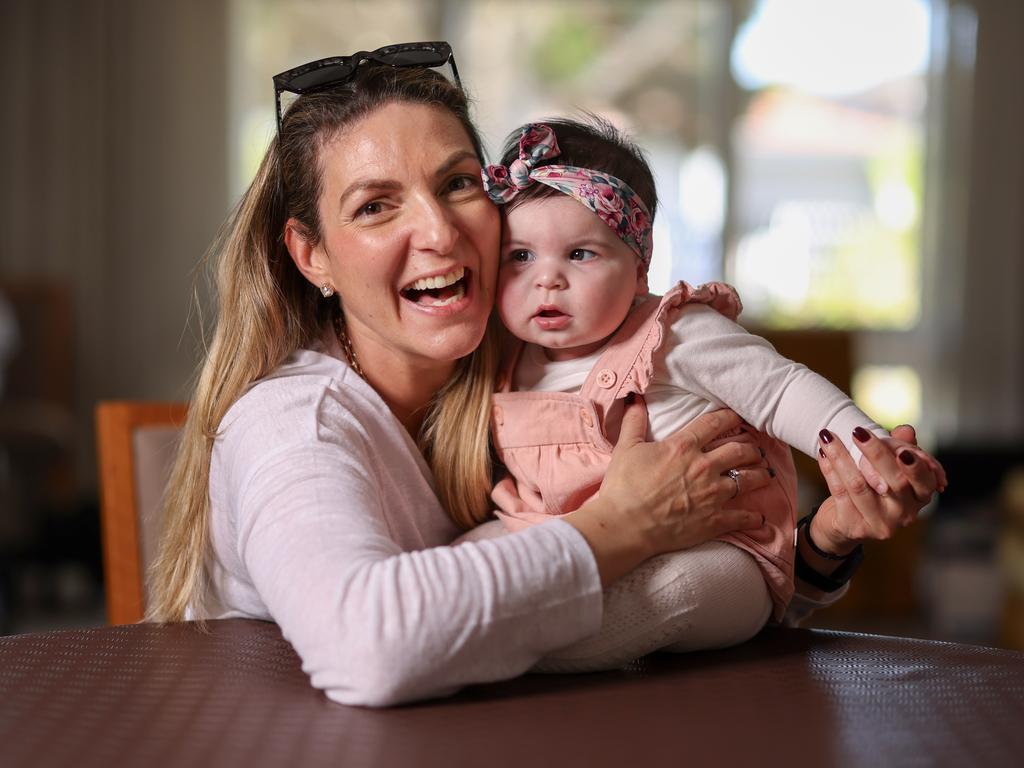Wife, 62, ‘can have dead husband’s sperm’, rules WA Supreme Court
A 62-year-old woman has been granted permission to have sperm removed from her husband who died at 61, raising questions around the ethics of posthumous fertilisation.

A 62-year-old woman has been granted permission to have sperm removed from her dead husband, in a case that has raised multiple questions around the ethics of posthumous fertilisation.
The Perth husband and wife – who were married more than 40 years – had spent the past four years discussing having another child after their two adult children died in separate accidents within six years of each other.
But the man, who was 61, died suddenly just before Christmas. Ambulance officers pronounced him dead at the couple’s home on the morning of December 17.
West Australian Supreme Court judge Fiona Seaward granted the woman, who cannot be named for legal reasons, permission to have the procedure carried out to remove spermatozoa and associated tissue from her dead husband, in an urgent hearing on December 18.
But the woman will require a separate court order before she is allowed to do anything with the sperm, as posthumous fertilisation is currently banned in Western Australia.
The court heard that the couple’s daughter drowned on a fishing trip in 2013 and their son was killed in a car accident in 2019.
The grieving couple had since visited a fertility clinic in the hope of finding a way to conceive another child, and had identified a potential surrogate overseas who was prepared to carry a child for the couple.
“The applicant’s evidence, both in her affidavit and orally, is that since the death of her son, she and the deceased had been talking about having another child using his sperm,” Justice Seaward’s judgment said.
“The applicant’s oral evidence was that this is something they had continued to talk about regularly up until his death.”
The woman had been advised by a fertility clinic that she would not be able to have a child due to her age, although testing of the man’s sperm before his death had found it was suitable for conception.
According to the woman, she had a cousin in the Philippines who was in her twenties and who had volunteered to be a surrogate for the couple.
However, the couple believed that under Philippines law they would be required to live in the country for a period of time before they could proceed.
Posthumous fertilisation is banned in Western Australia, although there have been multiple cases where courts have allowed for posthumously harvested sperm or eggs to be transported for implantation in Queensland and the ACT, where there are fewer legal restrictions.
Roger Hart, a professor of reproductive medicine at the University of Western Australia and the national medical director at City Fertility, said the “tragic” case raised several ethical considerations.
Professor Hart noted that children conceived with sperm from older men carried far higher risks of conditions such as autism, schizophrenia, and manic depression.
Consideration would need to be given to who would care for any child conceived with the sperm in the event the woman also passed away.
“There are a whole host of ethical challenges there,” Professor Hart told The Australian.
“From a medical point of view it is all feasible, but sometimes someone has to take a global view of ‘is this the right thing to do?’.
“That’s when psychologists and counsellors come in to take a broader perspective. Sometimes we are blindsided by our desires and wishes, but is this actually the right thing to do from a societal point of view?”
Manuela Toledo, the medical director at TasIVF, described the circumstances of the case as very rare.
Most IVF clinics in Australia, he said, required at least one of the intended parents to be no older than 50 at the time of pregnancy to increase the chance of a parent being alive when their offspring reached young adulthood.
“The experts involved in this case will need to consider the wishes of the deceased man and the best interests of any future children,” Dr Toledo said.
“It is always uncertain what the quality of sperm is with posthumous retrieval; there’s never a guarantee that the sperm will be viable or suitable for fertilisation.”
The court’s decision included an order that the sperm from the man – identified in the judgment as Mr H – could not be used for any purpose without a further order from the court.
“The effect of my orders was … restricted to permitting something to happen which, if it did not happen urgently after the death of Mr H, would forever preclude the applicant from making use of Mr H’s spermatozoa in an attempt to conceive a baby,” Justice Seaward wrote.
“As I made clear during the hearing, these orders are limited to permitting the removal of the spermatozoa and do not constitute authorisation for the spermatozoa to be used by the applicant, and do not in any way consider whether the applicant can or could meet any statutory criteria in that regard.”








To join the conversation, please log in. Don't have an account? Register
Join the conversation, you are commenting as Logout